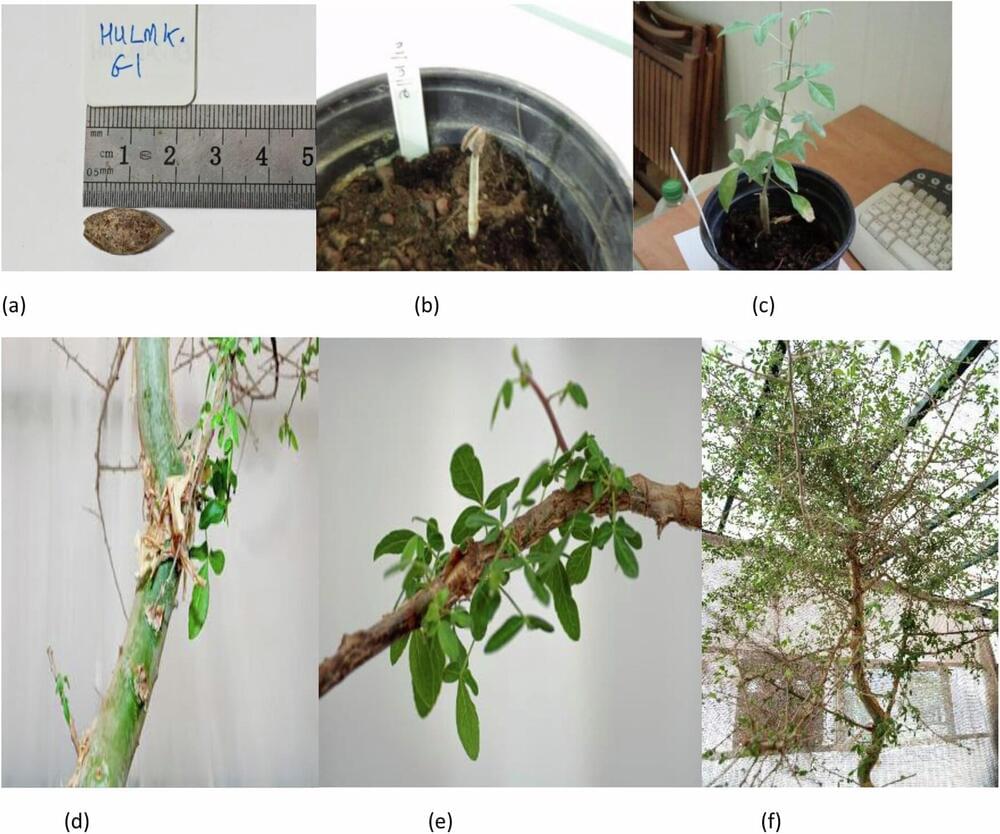The Menlo Park-based molecular diagnostics company is expanding to Austin, with eyes set on completing a 220,000-square-foot facility in EastVillage by 2026.



In the Large Hadron Collider (LHC), counter-rotating beams of protons travel in separate chambers under high vacuum to avoid scattering with gas molecules.
By insourcing beryllium beam-pipe production, CERN will gain direct control of the manufacturing process, allowing stricter quality assurance and greater flexibility to meet changing experimental requirements. The new facility will include several spaces to perform metallurgical analysis, machining of components, surface treatments, final assembly by electron-beam welding, and quality control steps such as metrology and non-destructive tests. As soon as beryllium beampipes are fabricated, they will follow the usual steps for ultra-high vacuum conditioning that are already available in CERN’s facilities. These include helium leak tests, non-evaporable-getter thin-film coatings, the installation of bakeout equipment, and final vacuum assessments.
Once the new workshop is operational, the validation of the different manufacturing processes will continue until mid-2026. Production will then begin for new beam pipes for the ALICE, ATLAS and CMS experiments in time for the HL-LHC, as each experiment will replace their pixel tracker – the sub-detector closest to the beam – and therefore require a new vacuum chamber. With stricter manufacturing requirements, never accomplishment before now, and a conical section designed to maximise transparency in the forward regions where particles pass through at smaller angles, ALICE’s vacuum chamber will pose a particular challenge. Together totalling 21 m in length, the first three beam pipes to be constructed at CERN will be installed in the detectors during the LHC’s Long Shutdown 3 from 2027 to 2028.
By bringing beam-pipe production in-house, CERN will acquire unique expertise that will be useful not only for the HL-LHC experiments, but also for future projects and other accelerators around the world, and preserve a fundamental technology for experimental beam pipes.


In May 2024, a geomagnetic storm hit Earth, sending auroras across the planet’s skies in a once-in-a-generation light display. These dazzling sights are possible because of the interaction of coronal mass ejections – explosions of plasma and magnetic field from the Sun – with Earth’s magnetic field, which protects us from the radiation the Sun spits out during turbulent storms.
But what might happen to humans beyond the safety of Earth’s protection? This question is essential as NASA plans to send humans to the Moon and on to Mars. During the May storm, the small spacecraft BioSentinel was collecting data to learn more about the impacts of radiation in deep space.
“We wanted to take advantage of the unique stage of the solar cycle we’re in – the solar maximum, when the Sun is at its most active – so that we can continue to monitor the space radiation environment,” said Sergio Santa Maria, principal investigator for BioSentinel’s spaceflight mission at NASA’s Ames Research Center in California’s Silicon Valley. “These data are relevant not just to the heliophysics community but also to understand the radiation environment for future crewed missions into deep space.”


An international team of botanists, agriculturists and historians has successfully grown a mature tree from an ancient seed found in a cave in Israel. In their paper, published in the journal Communications Biology, the group describes where the seed was found, the work that was done to discover its origins and what they have learned about its history as it has sprouted and grown into a mature tree.

A joint research group from China recently achieved the first observation of intrinsic magnetic structures in a kagome lattice by using the highly sensitive magnetic force microscopy (MFM) system of the Steady High Magnetic Field Facility (SHMFF) as well as electron paramagnetic resonance spectroscopy and micromagnetic simulations.
Next step: figure out what to do with it.
Patreon: https://www.patreon.com/seanmcarrollBlog post with audio player, show notes, and transcript: https://www.preposterousuniverse.com/podcast/2024/09/23…
CNBC’s Steve Kovach joins ‘Squawk Box’ with the latest news.